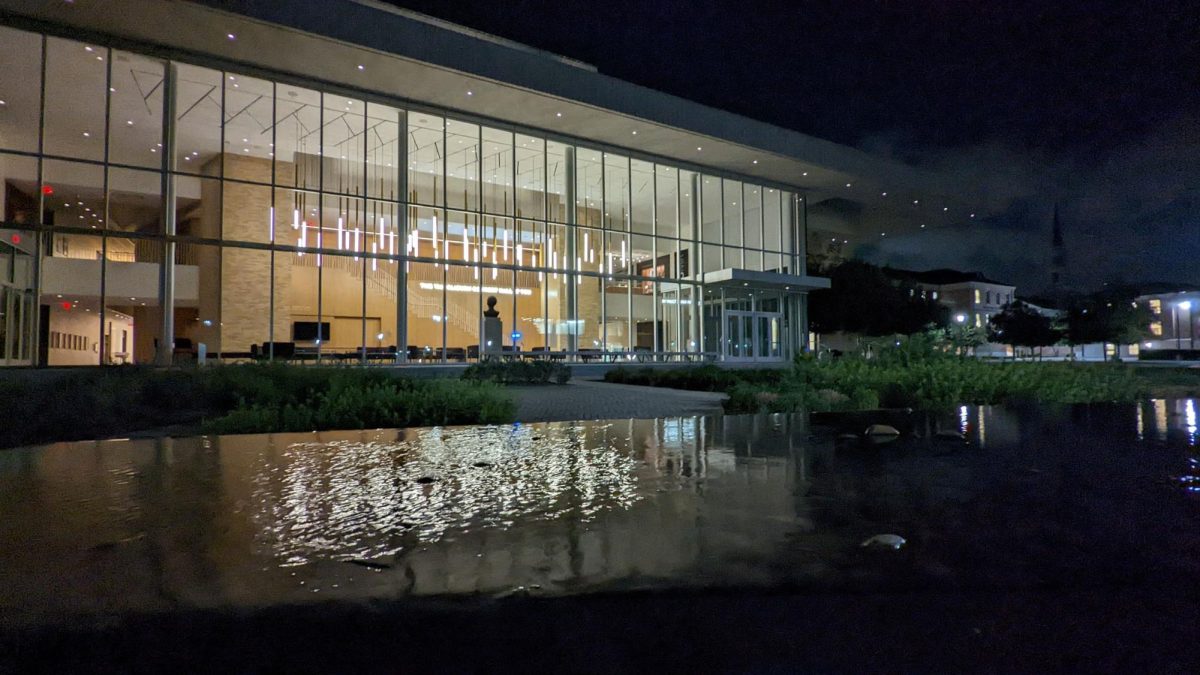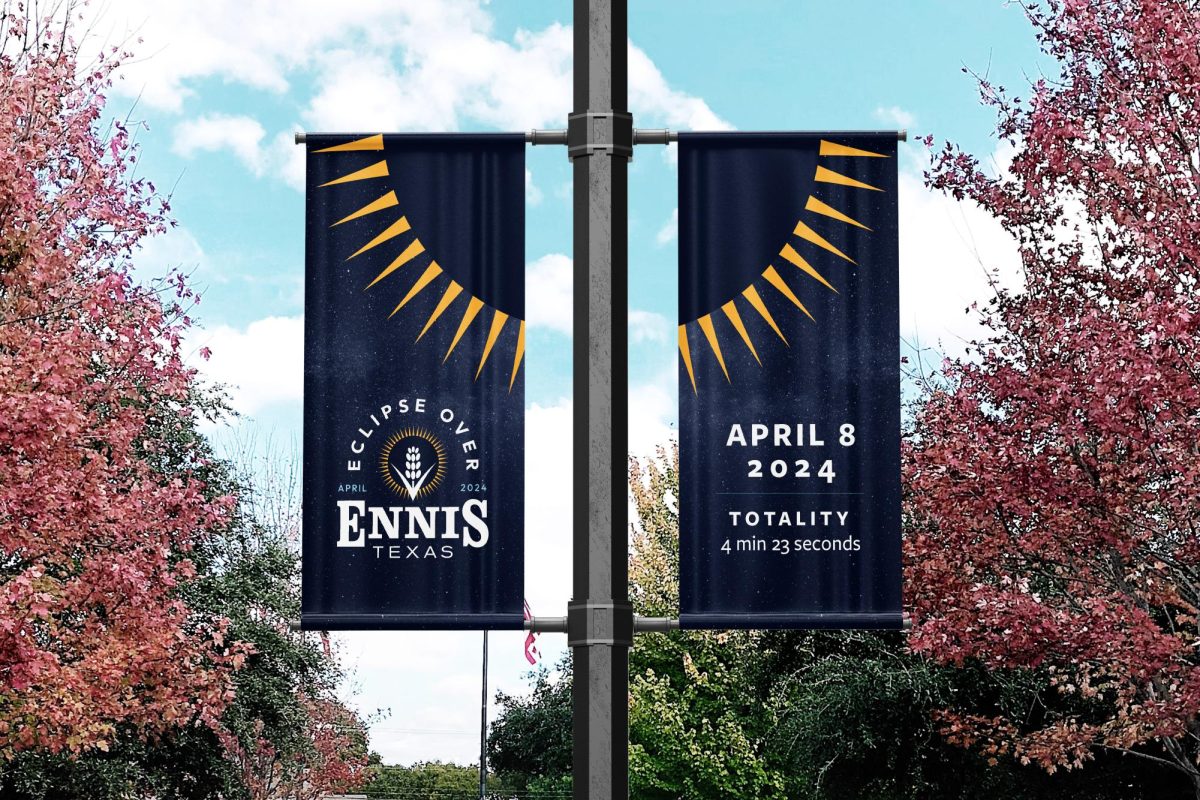Two pops was all Paschal High School quarterback Dylan Thomas needed to hear to know something terrible had just happened.
“My first reaction was like ‘I’m not going to believe that just happened…I’m okay’,” Thomas said. “I got up and tried to walk off…then I felt my knee was real weak.”
Thomas was leading the Paschal Panthers against North Crowley High School on Sept. 25 when he injured his medial collateral ligament (MCL) in his left knee during the second quarter.
Thomas said he handed the ball to the running back on the opponent’s goal line and was using the left side of his body to push forward through a pile when the heap of bodies went down onto his leg.
Thomas attempted to return to the game on the next play but said his leg gave out before he could even reach the huddle.
“That’s when I knew my season was over,” Thomas said. “It was one of those things that you just know.”
Thomas was diagnosed with a partially torn MCL and while it wouldn’t require surgery, doctors told Thomas his initial guess was correct and he would miss the rest of his senior season.
Todd Urbanek, a liaison for Baylor SportsCare at Baylor All Saints Medical Center, said the decision is a good one considering the importance of the MCL.
“It’s on the inside of the knee and it basically keeps the knee from opening up to the [outside],” Urbanek said. “[A tear] would compromise the stability of the knee going outward so it would be loose.”

While Thomas’ injury is a severe one, he was told it was the best of what could have been a much worse situation. “[The doctors] told me if I was going to hurt something that would be the thing to hurt because it’s the only thing that can heal on it’s own,” Thomas said. “It’s pretty much based on me and based on how I heal.”
According to a study conducted by the University of Colorado Denver during the 2012-2013 school year, MCL injuries are the most common among high school athletes. However, due to its severity, the anterior cruciate ligament (ACL) injuries garner more attention from the public than Thomas’ more common MCL injury. Urbanek attributed the severity of ACL injuries to its infamy.
“With an season-ending injury such as the ACL, you’re talking about surgery, rehab, that goes six to eight months, sometimes a year,” Urbanek said. “That can take away their whole season.”
This is evident in professional and college sports as well. While MCL injuries are more common, the recovery time is far shorter than that of an ACL.
Urbanek said while Thomas’ injury is unfortunate and serious, it could have been much worse.
“The MCL almost always never completely tears so it’s still somewhat intact,” Urbanek said. “It can heal in two to three to four weeks, so MCL injuries are not as devastating as other ligament injuries.”
Urbanek said since the ligament heals itself, recovery usually begins by re-establishing range of motion in the injured knee. Inflammation and swelling in the knee would be treated with ice and electrical stimulation.
Thomas will begin his physical therapy on Nov. 2 and will be finished by Dec. 2. He will be working on regaining his cutting and speed beginning in three weeks.
Paschal’s final regular season game is on Nov. 5 against Arlington High School. The team has not won a game since losing Thomas, currently with a record of 3-5.
It is likely Thomas will wear a knee brace designed to protect the MCL when he returns to the field and while it will slightly alter how he plays, Urbanek said the reward outweighs the cost.
“[The ligament] will tighten up somewhat but it won’t be as strong as it was before,” Urbanek said. “[The brace] is going to protect the knee and deflect any blows from the outside.”
While Thomas can protect himself physically from being harmed again, it is the psychological effect he will also have to worry about. Urbanek has seen the mental toll knee injuries inflict on athletes time and time again.
“It can be devastating to athletes that put so much into their sport,” Urbanek said. “They’re having to rehab instead practicing or working out with their teammates.”
Thomas said he felt this devastation in the initial days following his injury.
“You can’t help but cry, it’s just something that happens,” Thomas said.
Urbanek said the key to a successful rehab from any knee injury, including an MCL tear, is work ethic.
“You get out of it what you put into it,” Urbanek said. “The harder they work, the sooner they can be ready.”
Thomas has already adopted this mindset. Thomas said he has been working since the injury to strengthen everything around his knee.
“This is a crucial point…I want to come stronger than I was before, stronger than I was before, jump higher than I could before,” Thomas said. “I just want to come back better than ever.”
Thomas said he has been in contact with TCU, where he has committed to play next year. He said several coaches, including co-offensive coordinator Doug Meacham, have told him to stay positive and focus on his recovery.
TCU is still offering Thomas a scholarship.





